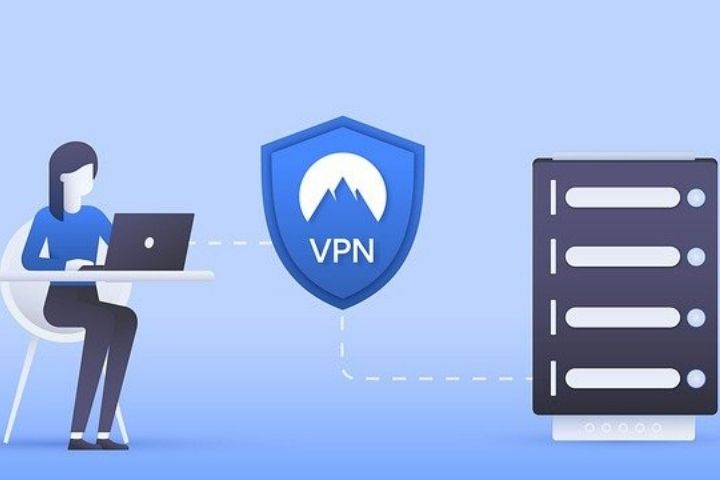A virtual private network (VPN) is a private network that extends, through an encapsulation process and in some cases encryption, from data packets to different remote points, through the use of public transport infrastructures. Data packets from the private network travel through a tunnel defined in the public network.
Table of Contents
When Should We Use A Virtual Private Network To Connect To The Local Network?
It is recommended that you use the VPN service in cases where, having a connection to an Internet access provider outside the University of Valencia, we want to have a service that is only authorized to the UV computers, or an exit to the Internet that is more convenient to use exit lines of the University. For example, from a telephone connection from home to the provider YYYY that assigns us the address on our computer 111.111.yyy.yyy, we want to access the bibliographic databases of the University of Valencia that only allow access to computers with addresses 147.156 .xxx.xxx
With the advancement in technology, everyone in the world finds all the possible ways to deal with the problems they have. You can also use these services in Business also.
Advantages And reasons Of Using A VPN To Surf The Internet
This means that the use of a VPN offers us several advantages such as privacy or anonymity while browsing the Internet, that we can bypass certain geolocation restrictions, encrypted connections to protect our data and add an additional level of security to our connection. Although it is true, it is difficult to decide which VPN services to use on your PC or even on your mobile to browse more safely and privately.
As far as privacy is concerned, the first thing that the use of a VPN does is give us anonymity on the Internet, since it changes our IP address, which is the “DNI on the Internet“. This prevents the websites that we visit from knowing, for example, where we are connected from, not to mention the monitoring that most websites do to us and that subsequently show us ads based on our visits.
When we connect to a VPN, our device communicates with the VPN server and this is in charge of communicating with the Internet. If we are in Spain but the VPN is in the United States, normally the web servers from which we request information will believe that we are in the United States, hence we can bypass or avoid certain censorship or blocking of geographic content. It is common to see how many users use a VPN to access content from other blocked countries if we try to access from a Spanish IP.
VPNs can also encrypt all kinds of information or data that we send over the Internet, therefore, they provide us with a higher level of security than standard browsing. However, this can be a double-edged sword, since some Internet providers can reduce our browsing speed when they detect that we are using a VPN, especially if we do it to perform P2P downloads since they will see that there is too much traffic. Of course, it is always convenient to check if our VPN is leaking any information to ensure that our data travels completely safely.

